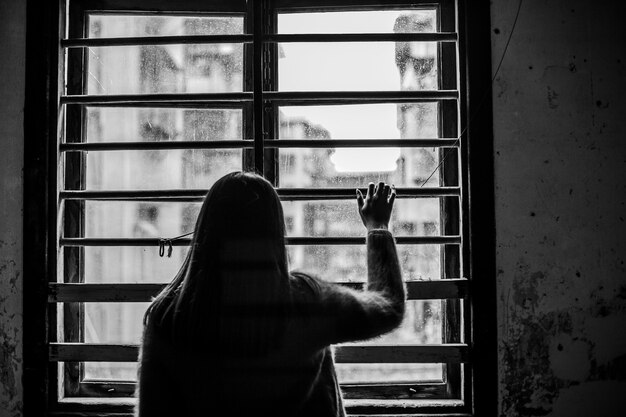
The term despair originates from the Latin word “desperare”, which signifies “down from hope”. The notion of despair in any manner can not only impact an individual but can also emerge and dissipate through social communities. But what leads to despair? What are those factors which push down an individual’s morale and lead to a feeling of hopelessness?
Imagine you started a social media page and it’s been a few months, you post regularly but don’t get enough likes and comments. While people constantly say that numbers don’t matter and even deep down you too know it. But still, all those numbers push you to feel, am I that bad? Is it not worth it? Should I stop posting stuff I love?. You feel it, don’t you? We all seek validation and when we don’t get it, it develops a sort of feeling of despair within us. And it’s real, it does happen with a lot of people. There are countless aspects of that though. It differs from person to person. Some people say that desires and ignorance are the root causes of despair. Failing to fulfill one’s desires tends to give rise to demoralizing an individual. This can be true to an extent, but not completely. It’s quite easy to say that “find happiness in the little things”, but we humans often point out the negatives first, that’s a bitter truth.
Well! It’s high time that we get into the details of “despair”, what shape it takes, and what are its causes and aftermath.
The Four Types of Despair
Causes of Despair
Effects of Despair
Despair in Teens
As indicated in many international studies, various aspects come jointly to make teens more susceptible to emotional breakdowns. The very famous medical journal Lancet suggests that suicides put down to biological transitions (like serotonin imbalance which is a ‘happy’ hormone that regulates mood), character traits such as being impulsive, and inadequate social problem-solving abilities, which further merge with real-life catastrophes (parents separating, getting ditched, etc.) and psychiatric disorders (like depression). These elements make teens feel defeated and entangled more easily than grown-ups. Not getting into their dream college or not being able to crack competitive exams, are just a few instances to mention which give rise to low self-esteem in teens.
One might not be able to conclude what is the origin of despair, as it’s a combination of many different factors. Nevertheless, the feeling of anguish and hopelessness is something one can easily slip into. That’s probably a normal human tendency, but it doesn’t mean that you should get stuck in the endless loop. If you find yourself feeling low, helpless, and exhausted, proper attention deep within you must be required. We often shrug away from our feelings because it hurts. But you must not do that. Despair can lead to serious illness, so you must not resist all that which is bottling up inside.